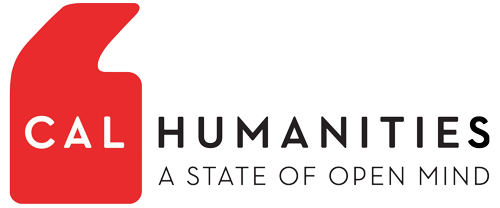About the Grant
In 2009, Comic-Con International commemorated its 40th year of celebrating the comic and popular arts in San Diego. The media was filled with stories that year about who helped spark this pop culture phenomenon. The tender age of the Comic-Con creators is what caught the eye and heart of Lynn Hawkes, Special Projects and External Affairs Officer at San Diego State University Library. Fascinated and wanting to know more, she cultivated a partnership with Richard Alf and Mike Towry and this grant project was born.
Planning for San Diego's first Comic-Con began in 1969. This period was a tumultuous time in California's history. The Vietnam War and other social changes continued to reshape our society. The American psyche was undergoing a profound transformation, and California's rapidly growing population was in the forefront of that change. While many events of this time were divisive (such as the antiwar movement, farm worker labor organization, emergence of Gay Pride, and drug use among the counterculture), nonetheless popular culture flourished and youth subcultures were on the rise.
Among those loosely formed groups were the fans of comics, science fiction and fantasy. As their numbers increased, their informal gatherings transformed. Early efforts involved meetings, newsletters and activities (picnics and beach outings). Fan interaction was fostered by publishers, and conventions were a natural offshoot. The early involvement of young people with Comic-Con shaped and framed the early conventions' atmosphere, spirit and programming. The co-founders were tasked with bringing an audience to the first convention, and in doing so they created a venue where fans and artists would interact. To this day, the fan driven elements of the convention have enormous reverberations within the creative community and enrich the cultural milieu of our state.
This project was funded through the Community Stories Grant Program from the California Council for the Humanities.
calhum.org/grants/community-stories-grant
MADE POSSIBLE BY
This project was made possible with support from Cal Humanities, an independent non-profit state partner of the National Endowment for the Humanities. For more information, visit calhum.org.
